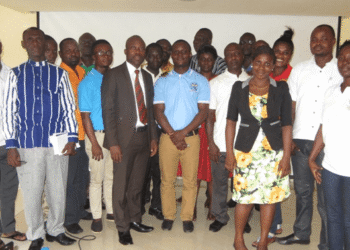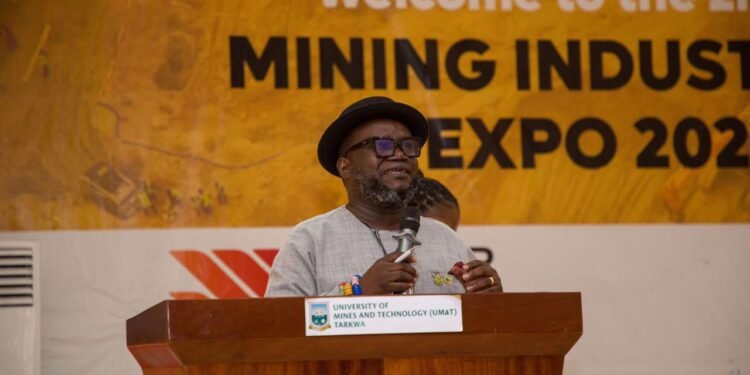Ghana’s household expenditure is projected to reach GH¢129.7 billion in 2025, reflecting a 2.5% year-on-year growth, according to a recent Fitch Solutions report.
This comes after a modest 1.1% increase in 2024 and represents a 25.4% jump from the GH¢103.4 billion recorded in 2019, prior to the COVID-19 pandemic.
The UK-based research firm attributes this anticipated rise in spending to easing inflation and improved cedi stability, which will allow the Bank of Ghana (BoG) to adopt a more accommodative monetary stance in 2025.
According to Fitch Solutions, Ghanaian households are gradually recovering from high inflation and cedi depreciation, which had weakened consumer purchasing power in recent years. The report highlights that following the December 2024 presidential elections, economic conditions have begun to improve, leading to a rise in consumer activity.
“We will see an improvement in Ghanaian household spending over 2025, as households rally from elevated inflation and cedi weakness. Following the presidential elections in December 2024, consumer activity is already beginning to rebound, and with cooler levels of price growth, greater cedi stability, and a dovish approach from the Bank of Ghana, households will see a marked uptick in purchasing power and will support a rebound in both essential and discretionary segments.”
Fitch Solutions
This improvement in consumer confidence is expected to boost both essential and non-essential spending, driving economic recovery across multiple sectors, including retail, services, and digital transactions.
Surging Mobile Money Transactions Indicate Strong Consumer Activity
One of the strongest indicators of increasing consumer activity is the significant rise in mobile money transactions. In December 2024, mobile money transaction volumes hit an all-time high of GH¢745.0 million, up from GH¢678.8 million in July 2024.
The surge in digital transactions reflects greater economic participation and the growing role of financial technology in Ghana’s economy. While inflation has been a key factor driving the nominal value of transactions, Fitch Solutions noted that the growth rate of mobile money transactions has outpaced inflation levels, signaling a genuine consumer recovery.
“While inflation remains a key driver of the growth of the value of mobile money transactions, the rate of growth is considerably above the level of inflation and is therefore pointing to a consumer recovery story, which is reflecting in strong spending growth figures over H2 [second half] 2024 and into 2025.”
Fitch Solutions
This trend highlights the increasing adoption of digital payments and financial services, which is enhancing financial inclusion and facilitating faster transactions across various sectors.
Lower Inflation and Debt Costs to Support Spending Growth
The expected decline in inflation in 2025 is set to further stimulate household spending. With lower price growth, consumers will experience improved purchasing power, allowing them to allocate more funds toward discretionary spending and investment in durable goods.
Additionally, reduced debt servicing costs will ease financial pressure on both businesses and households, encouraging greater economic participation. This is particularly important for small and medium-sized enterprises (SMEs), which rely on consumer spending to drive sales and business growth.
The projected increase in household expenditure signals a positive economic outlook for Ghana in 2025. With a more stable currency, lower inflation, and improved consumer confidence, businesses and investors can anticipate stronger market demand.
The continued growth of mobile money transactions also underscores the digital transformation of Ghana’s financial sector, making it easier for individuals and businesses to engage in economic activities.
As Ghana recovers from economic turbulence, policymakers will need to ensure sustained stability by implementing pro-growth monetary policies and enhancing digital financial infrastructure. If these measures are effectively maintained, Ghana’s economy is set for robust growth, driven by rising consumer spending and increasing digital financial inclusion.
READ ALSO: GUTA Urges Government to Ease Business Costs in Upcoming Budget























